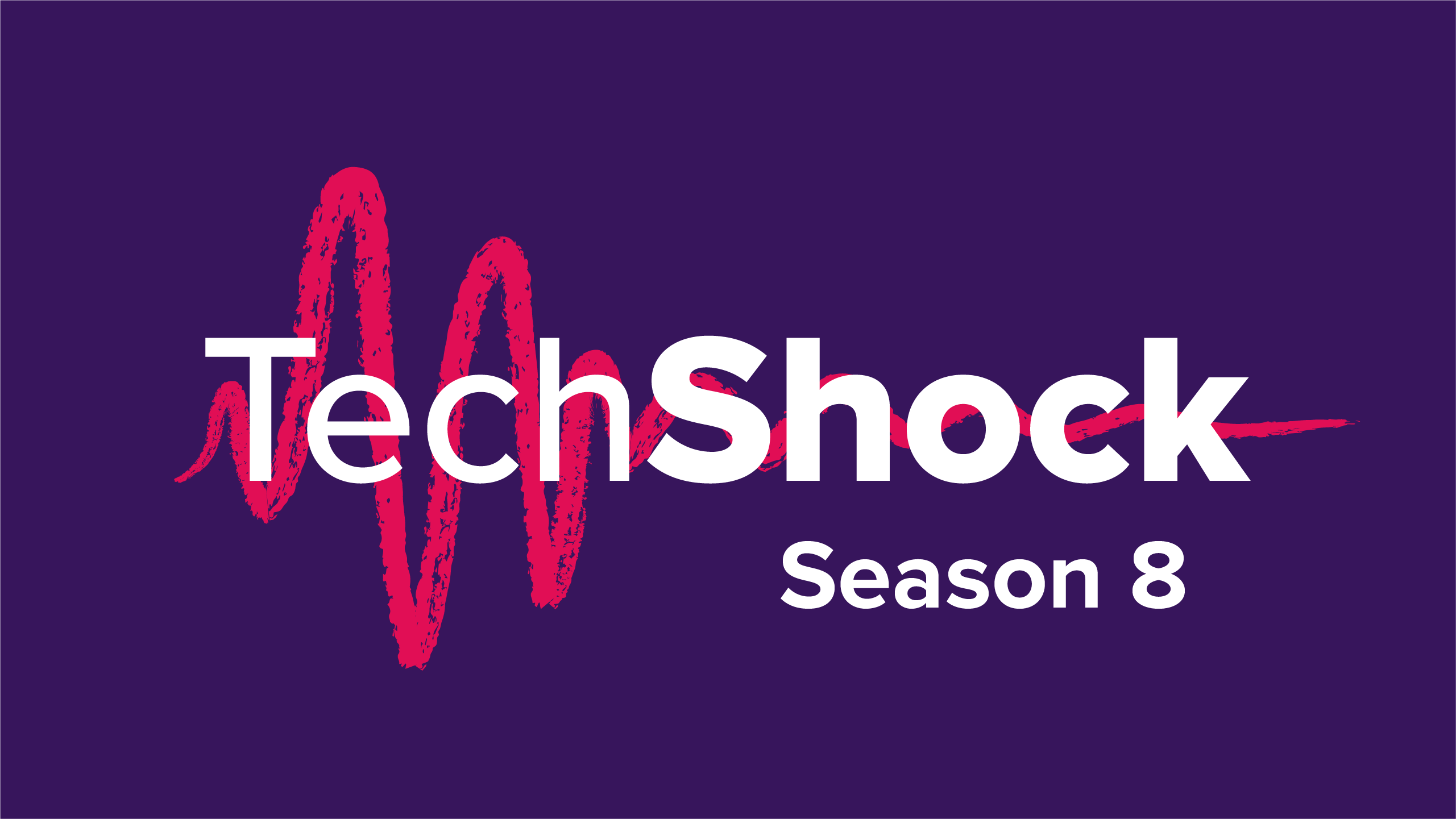We must regulate online games to protect children from gambling
Parent Zone has been investigating the links between online gaming and gambling since 2018. In that time, we have published two independent research reports: on skin gambling, and on the wider economic ecosystem in gaming, including loot boxes.
![]()
On 31 March 2021, we submitted our response to the government’s call for evidence which will inform its review of the Gambling Act. Our response calls for government to act now to stop gambling-like features being woven into video games.
This is – as Parent Zone’s founder and CEO Vicki Shotbolt explains in a new blog – to stop the exploitation of a child’s right to play.
We also believe it is not reasonable to expect parents to take on the brunt of the responsibility for their child’s online gaming in the face of inadequate regulation. They need better support from industry about what children will encounter in online games.
‘Dark nudge’ techniques put psychological pressure on children
Monetisation in online games does not always have children’s best interests at heart.
Games are aggressively marketed and sold – while many ‘dark nudge’ techniques put psychological pressure on children to purchase in-game items, from pop-ups to time-limited ‘buy now’ countdowns. Children and young people are even more susceptible than adults to these pressures, due to immature or not fully-developed controls over impulsive behaviours.
In-game purchases are also sold with virtual currency, which makes it hard for children to work out the real-world value of items being marketed to them. During research for our Rip-off Games Report, many told us they have been left upset that a purchase is not worth it – but only ‘after the fact’. Real world prices should be made clearer.
With the rise of new forms of gambling-like functions on online platforms – such as an ability to bet in-stream ‘Channel points’ on Twitch – we are seeing a whole ecosystem driven by aggressive marketing and gambling-like functions. Streamers encourage their followers to spend these points – earned by watching a stream for longer than five minutes, or by purchasing a subscription – in the hope of winning more points and prizes.
Whilst these have no real-world monetary value, they are introducing gambling-like behaviours, as well as encouraging extended viewing. A simple solution would be to widen the definition of ‘money or monetary value’ to reflect new forms of currencies like Channel Points.
Finding a new way to regulate gambling in online games
Our focus is still on the classification of loot boxes as gambling. This would mean all games featuring loot boxes would require an 18+ rating.
But even though publishers like EA have publically come under pressure around loot boxes in recent years, the issue isn’t in decline.
In fact, 2020 research by The Gambling Commission suggests that, of those that have heard of them, the percentage of UK children who have paid to open a loot box has slightly risen in the past year.
Only regulation will change this.
We believe The Gambling Commission is a vital regulator and one that requires greater power and more scope.
In late 2020, the Committee of Advertising Practice – which provides regulatory code for The Advertising Standards Agency – published its consultation on proposals to introduce new formal guidance on advertising in-game purchases, including loot boxes.
The consultation outlined how existing advertising regulations could work to regulate the marketing of online games, as long as these were suitably applied – and with support for companies in adhering within their context.
We agree codes can be applied to online games that have emerged since they were written. It is a strong model – to help industries apply existing laws, rather than creating new laws.
Listen to Parent Zone's podcast, Tech Shock.
Make age ratings appropriate and accessible for parents
We also believe the PEGI age-rating system needs to be replaced with a tool to be created to ensure developers adhere to codes of regulation.
While a working PEGI system could be used to support parent's oversight of what their children are exposed to in games, there is currently not enough meaningful information available to parents.
For example, current PEGI descriptions of games aren’t fit for purpose.
In 2020, 58% of the top grossing online games featured loot boxes – and 93% of were rated as PEGI 12.
PEGI’s description of loot boxes as “In-game Purchases (Includes random items)” simply doesn’t alert or inform parents to understand to risks of loot boxes – or their links to problem gambling.
This also doesn’t tell parents that children may be targeted with aggressive and psychologically manipulative marketing techniques.
Companies need to be more transparent and help parents understand age ratings. And we believe The Gambling Commission should play a part in this new process.
There is much to cover in the Review of the Gambling Act 2005, due later this year. We hope that our response will help shape safer online spaces for children to play – and adequate support and information for parents in knowing and understanding the risks.
Summary: Parent Zone’s recommendations to government
Our response highlighted three areas in the call for evidence: loot boxes, the role of The Gambling Commission as regulator, and parental awareness:
Loot boxes
Legislation must act decisively to address existing harms. The Gambling Commission must be able to respond to emerging harms. We recommend:
● The classification of loot boxes as a form of gambling.
● The introduction of horizon-scanning as a key task for The Gambling Commission.
● The introduction of spending limits in games, modelled on spending limits for slot machines.
● A requirement for games companies to feature self-exclusion from spending in games.
● A widening of the definition of ‘money or monetary value’ to reflect new forms of virtual currency.
The Gambling Commission
The work of The Gambling Commission is critical. It is a vital regulator and one that requires better regulation, greater powers and more scope. We recommend:
● Ensuring that existing legislation around gambling and advertising is properly enforced.
● Doing more to ensure that games companies and the wider digital environment – including social media and streaming platforms – are doing more to protect their younger users from gambling related risks and harms.
● It needs to future-proof its work with significantly more investment in research that tracks emerging harms and trends.
● It should be working with regulators including Ofcom and the ICO to ensure online harms regulation includes gambling.
Parental awareness
Parents play an essential role in helping their children navigate the online world, but they can only do this with adequate support and information. We recommend:
● Expanding the scope and funding of educational programmes for parents and in schools.
● Games ratings need a complete overhaul – The Gambling Commission should play a part in that process.
Latest Articles

The Tech Shock podcast – the 'wicked problem' of child financial harms
This week Vicki is joined by PUBLIC's Maya Daver-Massion and Zixuan Fu to unpack child financial harms.

The Tech Shock podcast – has media literacy’s time finally come?
Vicki and Geraldine are joined by Professor at Bournemouth University, Julian McDougall, to discuss all things media literacy.

The Tech Shock podcast – the emerging gender divide
Rosie Campbell, professor of politics and director of the Global Institute of Women's Leadership at King's College London, joins Vicki to discuss gender and online life.
